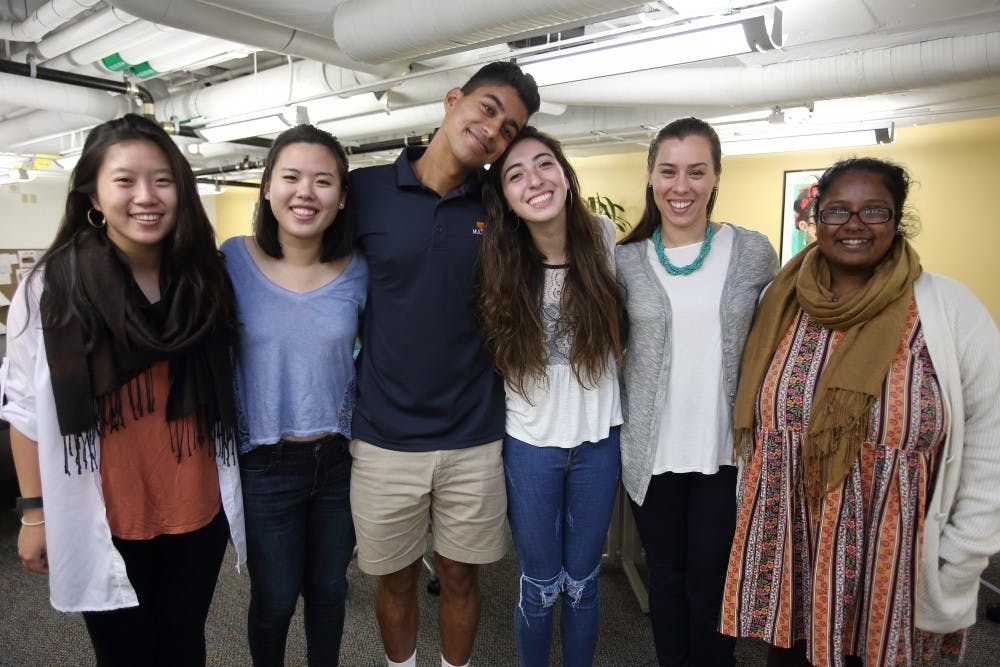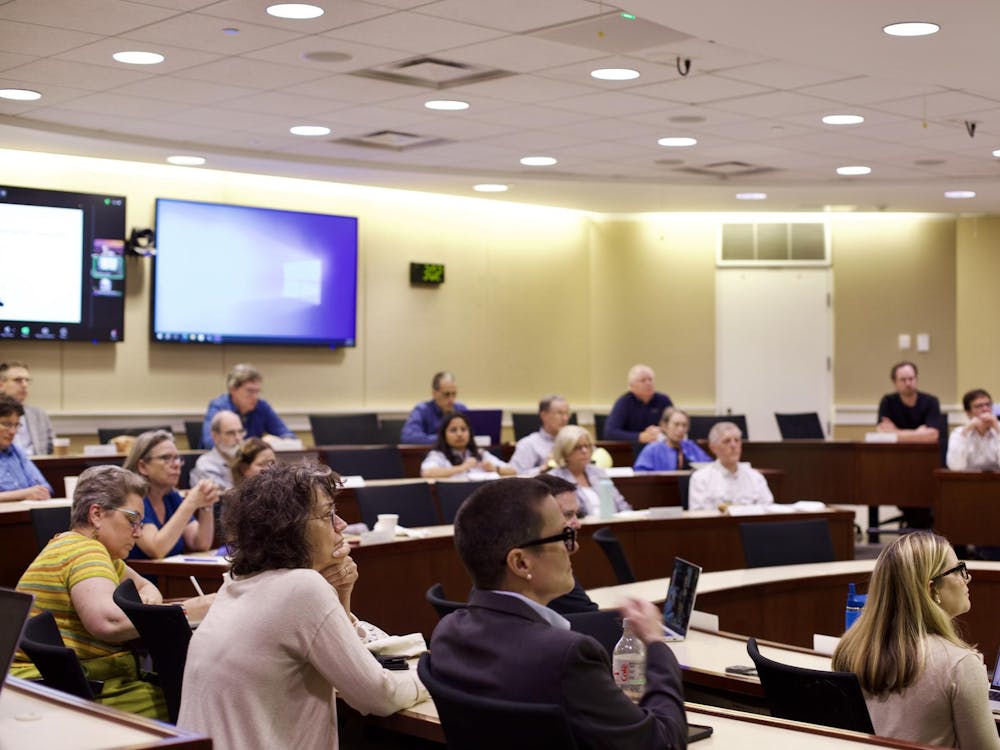Dozens of students gathered in the Multicultural Student Center Tuesday evening to discuss the University’s response to the deadly white nationalist rally on Aug. 12.
Third-year College student Eileen Chen, a leadership intern for developing programs for the MSC, helped organize the event and moderated the open discussion.
The event was originally meant to be an open mic night, but overlapped with the general body meetings of some cultural organizations involved with the center. The open mic night turned into an open discussion based on concerns with comfort in dialogue.
“At the MSC, we kind of wanted to give people the opportunity to sit down [and] reflect, to be a space where people can heal and...Process more when there’s a lot going on around them,” Chen said. “I think this gives a physical space and more of an opportunity for marginalized people to know that they will have a space where they can be listened to without being afraid of judgement from others.”
The discussion opened with various students recounting the details of white nationalists marching with torches on Grounds, and the clashes the following day downtown.
Citing the sensitive nature of the conversations and that the event was meant to be a “safe space,” several students asked that their names not be shared.
Some of the members in attendance were present for the torchlit march that started at Nameless Field and proceeded through Grounds to the Lawn. One student, who is an RA in Brown College, said she could hear the protesters behind Brown College chanting “you will not replace us.”
The conversation mainly centered around what students saw as a lack of response from the University, as well as surprised responses from students about hate in the community.
One student said that while students are startled by the resurgence of hate in the community, the University was built by slave labor and refuses to acknowledge old financial donations by the Klu Klux Klan.
Gabriela Paniagua-Stolz, a second-year student in the doctoral of nursing program, presented a prose piece to the meeting which she had prepared for the open mic night. In her piece, Paniagua-Stolz said, “You need to ask yourself why you are being indifferent to the suffering...You choose to do nothing in the face of injustice when the burden of injustice is obvious. Don’t come to another event and ask others ‘what can I do?’ when the question you are too afraid to ask yourself is ‘why have I been indifferent?’”
Chen stated that the MSC is committed to the long-term needs of marginalized students, but will try to further the conversation past community healing.
“We are trying to think of long-term and constant needs that marginalized students, and also the general University community, might need…We’ll definitely have more opportunities for dialogue if it’s not explicitly about this,” Chen said. “When other events happen, which they inevitably will, we’ll have responses but a lot of our programming will focus on long-term issues.”







